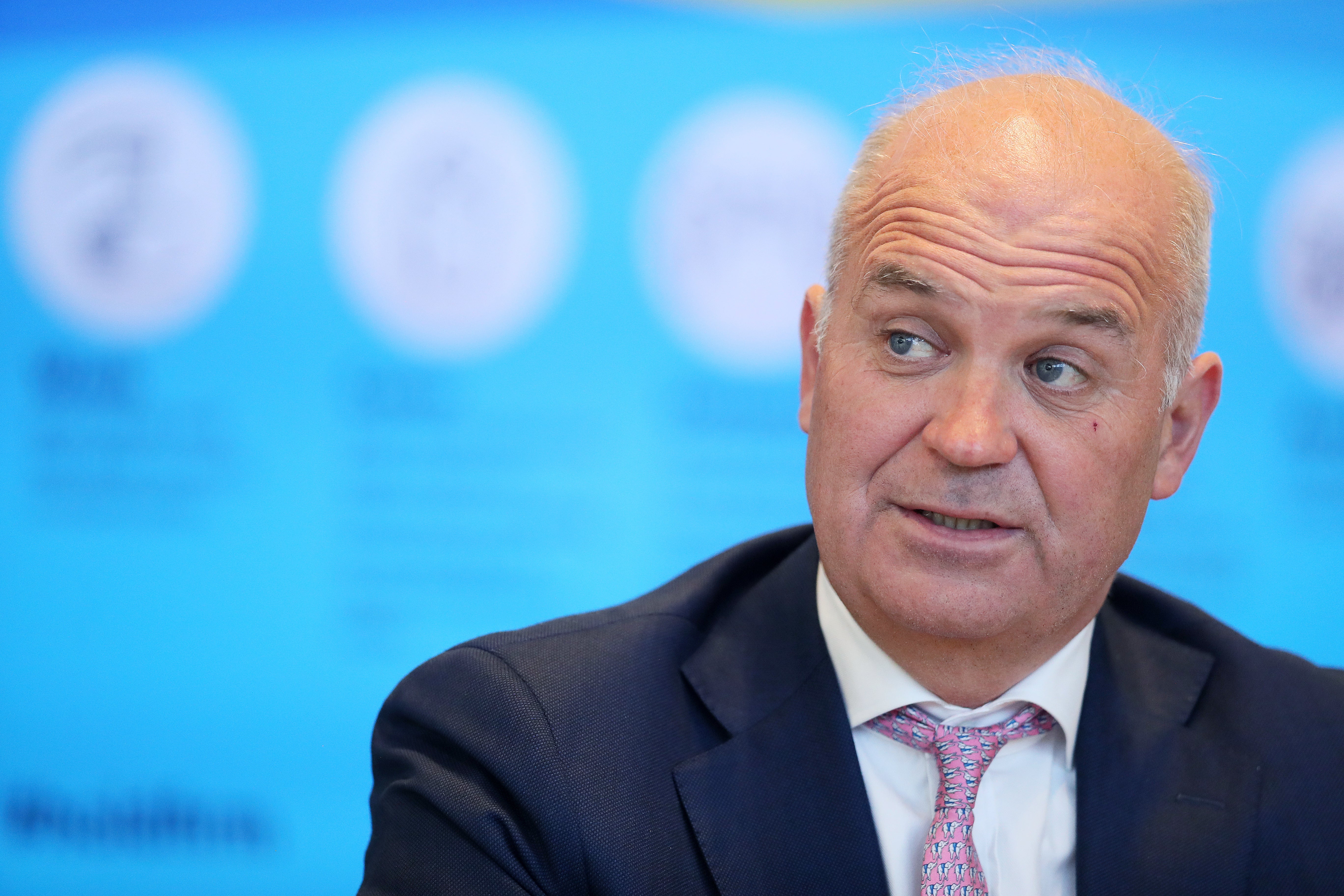New Covid restrictions take effect as officials urge people to reduce contacts
Ireland may be able to avoid more severe restrictions, the chief medical officer has said.

Ireland may still be able to avoid more severe restrictions, the chief medical officer has said, as new Covid-19 rules take effect.
Dr Tony Holohan said on Monday that the National Public Health Emergency Team (Nphet) would continue to monitor the spread of the Omicron variant over Christmas and did not rule out the need for tougher measures to protect the health system.
Omicron is now the dominant Covid-19 strain in Ireland, health officials have said.
The Health Protection Surveillance Centre has estimated that approximately 52% of reported cases are now due to the Omicron variant.
From Monday, restaurants and bars, excluding takeaways and delivery services, must close at 8pm.
The Government has also said there should be no indoor events after 8pm and attendance at indoor and outdoor events earlier in the day will be restricted.
Dr Holohan said that he hoped the measures would be enough to curb a sharp rise in infections, but warned people to “buy into not just the letter but the spirit of that guidance”.
“We believe that if we can follow the measures that have been mandated and decided upon by Government that we can have without recourse to further restrictions, so my message is now to concentrate on what’s in front of us.”
He said that no decision has been made on extra restrictions, but stressed that health officials will keep watching the situation closely in the coming days.
“We’re not going away for Christmas,” he said.
Because things are open, it doesn't mean that you have to do them, necessarily
“We continue to monitor the effects but a series of measures have now been mandated by Government. They’re only coming into effect today. We believe that they will substantially cut the total volume of social contact across society.”
Dr Holohan called on people to reduce the number of people they meet over Christmas.
“Because things are open, it doesn’t mean that you have to do them, necessarily.”
He refused to speculate over whether schools would remain closed after the Christmas holidays, amid concerns about the spread of the virus among children.
He said that Nphet would watch the situation closely.
The chief medical officer stressed that vaccines and booster jabs should protect people from severe disease.
Asked on RTE radio whether next Christmas might look more normal, he said: “My focus is on this Christmas, because we’re right now in a situation where, and I don’t like using analogies like tidal waves and so on, but the wave of infection that this is going to represent is right in front of us now.
“I’m not going to speculate as to where we’re going to be next Christmas in relation to all of those things. My focus, as I say right now, is on the imminent risk that exists from a public health point of view arising from Omicron for the Irish public.”
Tanaiste Leo Varadkar speaking on the same programme, said the Government would not hesitate to introduce new restrictions if they were deemed necessary in the coming weeks.
The Fine Gael leader said Ireland needed to “weather” the latest wave.
“It means there will be very high case numbers. I hope people won’t be afraid to see that because it is a much more transmissible strain of virus so we will see very high case numbers.
“We are hoping and expecting that it won’t translate into hospitalisations and ICU admissions and deaths to the extent it did in previous waves.”
He said he did not foresee a situation where schools would not reopen in January.
Mr Varadkar also indicated that after Ireland had “conquered” the Omicron wave it should consider giving people “periods of greater freedom”.
He said the Government could “give consideration to giving people periods of greater freedom on the understanding that future variants may come along and winter will come inevitably”.
“Very few countries are doing better than us. But if you take two of them – Denmark and Norway – they have had periods for several months where they’ve had almost no restrictions at all.”
Bookmark popover
Removed from bookmarks